Stakeholders in Communications have warned politicians of the danger in deploying vulgar language and personality attacks during campaign outings, instead of focusing on critical issues affecting Nigeria and how they would tackle them if elected into office.
Speaking on Saturday, during a webinar anchored on the theme: “Assessing the 2023 Presidential Election Campaigns”, President and Chairman, of the Governing Council of the Nigerian Institute of Public Relations (NIPR), Mukhtar Zubairu Sirajo, said the communication aspect of campaigns by political parties has recorded an “absolute zero” in terms of addressing core issues.
Join our WhatsApp ChannelREAD ALSO: 2023 Campaigns: Time To Exorcise The Evils Of Political Mudslinging
This, according to Sirajo, is because political parties and campaign managers do not attach importance to communication in what they are doing as it ought to be.
He said that such happens because political parties and electoral candidates do not appoint professionals as spokespersons or communication officers because they wrongly believe that communication is an all-comers affair.
READ ALSO: How To Check And Confirm Your PVC Online
Communication, he said, is a very serious business which demands that one gets it right by being able to use it appropriately in engaging the people, especially during the political season when those seeking elective offices are constantly reaching out.
“The component of the campaigns of virtually all the political parties have in my opinion been absolutely zero. That is because the political parties and their campaign managers believe that communication is not worth giving attention as it ought to be. That is why you see political parties appointing anybody they like as their spokesperson, believing that communication is an all-comers affair,” Sirajo stated.
READ ALSO: 2023 Elections: How To Confirm Your Polling Unit Online
The NIPR President said campaign spokespersons have instead of engaging Nigerians in robust discussions about what their principals intend to do when elected, have been busy attacking personalities of perceived political opponents.
He faulted the idea of presidential candidates going to Chatham House, London to speak about their policy plans if elected, and wondered whether their validation ought to come from Britain or Nigerian electorate.
Speaking further, Sirajo advised electoral candidates to address the issue of how they communicate with the people.
Anchored by a team of communications, academics and media professionals led by Ambassador Aminu Wisdom and Professor Charles Okigbo, the workshop was hosted on the platform of Prime Business Africa, a news organisation focusing on coverage of socio-economic issues in Nigeria and the rest of Africa. Jackson Centre for Innovative Journalism and Media Development (JCIJMD), the News Guru and the New Nigeria Network also supported the project.
Prime Business Africa reports that Ambassador Aminu, the former Nigerian Principal Representative to ECOWAS, also moderated the two-hour virtual programme, assisted by Professor Okigbo.
Aminu, in his opening remarks, said the session was to provide a better understanding of what the political parties are doing in their use of communication for the upcoming elections.
He noted that expert indicators have shown that Nigeria has the potential to be a great economy if the resources are properly deployed and managed by competent leadership.
He stressed that the 2023 elections present a unique opportunity for the Nigerian people to make the right choices of managers of the country’s resources to fulfil those potentials.
Drawing a nexus between free and fair elections and communications around political campaigns and the electoral process, the popular diplomat said: “Free and fair elections are prefaced on strategic communication election campaigns. We are here today to get a better understanding of what our political parties are doing in their use of communication for the upcoming elections.”
The programme also had representatives of political parties and candidates hint at how they have fared with patterns of communication strategies in the ongoing campaigns.
Head of Obi-Datti Media Office, Diran Onifade, said the electoral candidates are aware of the problems in the country and have been speaking to Ngerians about how to address their needs.
He said Labour Party emerged with relatively no structure compared to the mainstream political parties but was able to make headway on relating with many Nigerians within a few months through the messages of its presidential candidate, Peter Obi, which appeal to Nigerians in terms of suggesting pragmatic solutions to the challenges they face in the country.
Onifade said LP is riding on the wave of the “Third Force” which emerged from the streets of Nigeria.
“Nigerians have constituted themselves as the structure for the Labour Party because the ideas of our presidential candidate and his records of service resonate with Nigerians,” Onifade stated.
Presidential candidate of the Social Democratic Party (SDP), Prince Adewole Adebayo, said that every group coming up with a political alternative must have a strong ideological base different from the existing two big parties and address core issues affecting the citizens otherwise it’s a waste of time.
Some communication scholars who attended the colloquium identified shortcomings in the pattern of communications adopted by various political parties and candidates and how such impact on the delivery of their messages to Nigerians.
They include: Prof. Rotimi Olatunji, Department of Public Relations and Advertising, Lagos State University; Prof. Nuhu Gapsiso, Mass Communication Department, University of Maiduguri; and Prof. Emmanuel Dandaura, Nasarawa State University, Keffi.
Responding, Senior Special Assistant to President Buhari, Garba Shehu, who also participated in the colloquium, urged the forum of communication professionals to enlighten those working for the politicians in the communications sphere about how to effectively market political parties and candidates, especially in this era of online media.
Victor Ezeja is a passionate journalist with six years of experience writing on economy, politics and energy. He holds a Masters degree in Mass Communication.

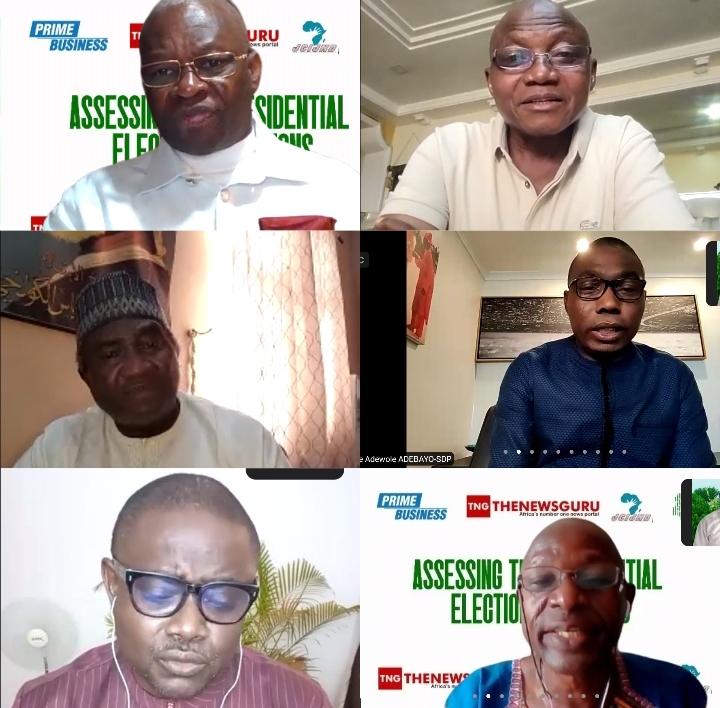



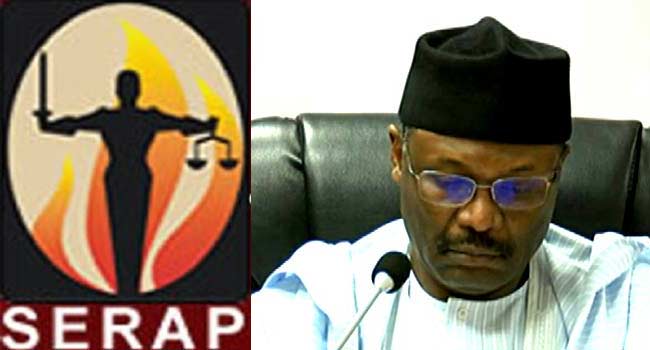
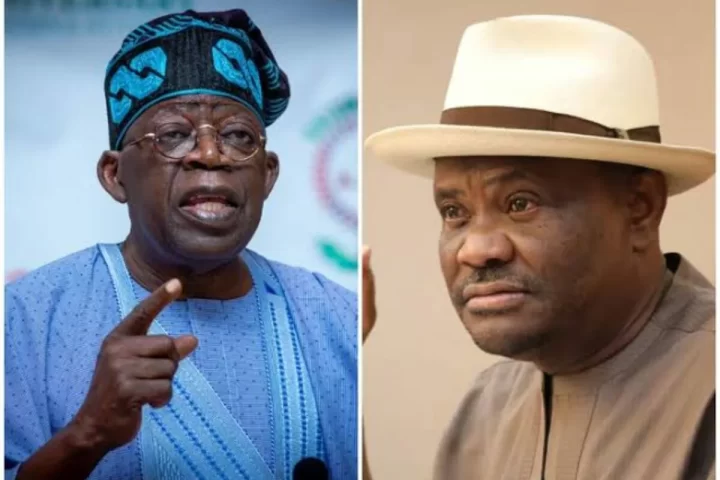
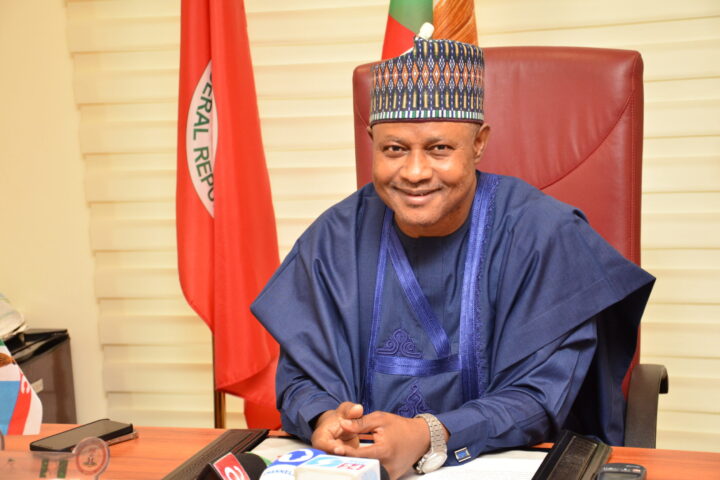





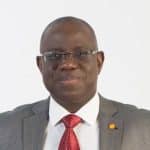
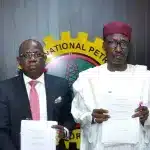

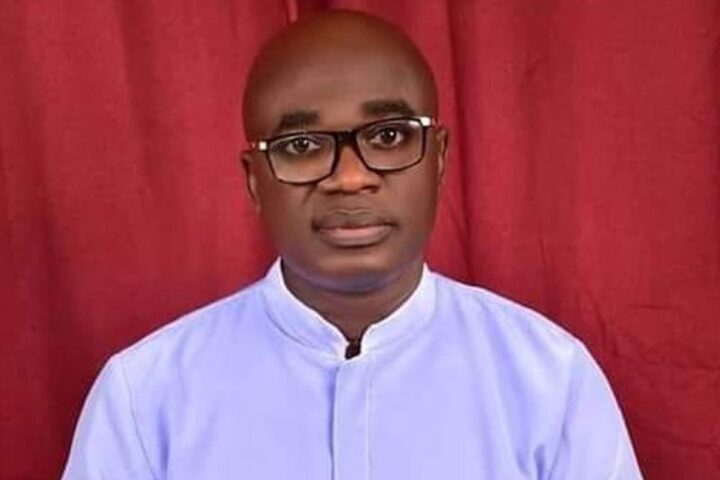
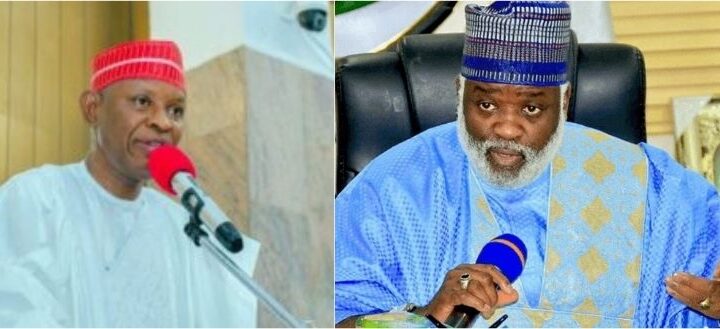
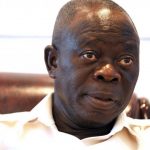
Follow Us